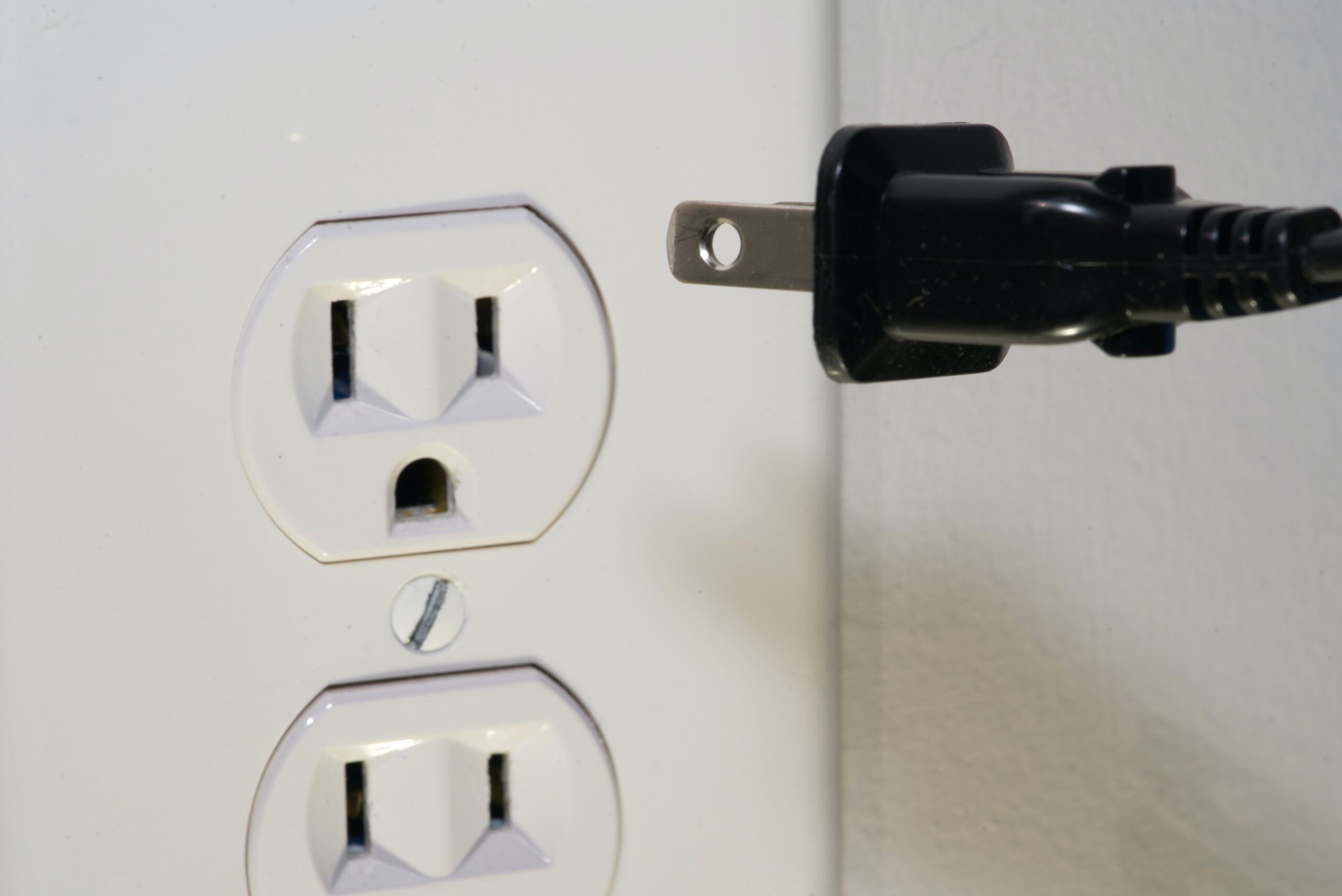Base, an Ethereum Layer 2 scaling solution developed by Coinbase, was down for a little over 45 minutes on Tuesday, during which time no new blocks were produced.
According to the Base status page, the stall in block production was first identified at 21:36 UTC and users had issues submitting transactions. Around 45 minutes later, developers said they had implemented a fix and had started to see “widespread recovery.”
Earlier today we had a delay in block production due in part to our internal infrastructure requiring a refresh.
The issue has been identified and remediated. No funds are at risk.
To stay updated, check https://t.co/ipa94DPBLq
— Base (@base) September 5, 2023
In an update posted to X, the Base team said that no funds were at risk from the exploit, and the delay in block production was due in part to an update required to internal infrastructure.
“Another reminder that using Ethereum L2s (e.g. Arbitrum One, OP Mainnet, zkSync Era, Base) is NOT the same as using Ethereum mainnet, which is more battle-tested and involves fewer trust assumptions,” said Matt Willemsen, head of research at crypto analytics firm Collective Shift.
“I’m not saying don’t use L2s, of course—but just know what you’re dealing with,” he added.
Although blockchain outages are not entirely uncommon today, users were quick to criticize the technical hitch on social media.
Base is only 1 month old and yet the cracks are already showing. Cardano has had zero outages in 6 years, but you prefer to focus on metrics that are easily skewed by VCs 🤷 pic.twitter.com/33MA6tOZmO
— J₳zzwhistlΣ (@jazzwhistle) September 5, 2023
I have, never in all my years of life, seen a squad assemble so quickly as my $SOL brethren to absolutely pile on $BASE as it experiences an outage. It’s like every single $SOL outage just gave them infinite ammunition. Enjoy your moment, lads, you deserve it. 🫡
— Bahgs 🧙🏻♂️ (@Bahgley69) September 5, 2023
Since its launch in August, Base has become a popular chain for both developers building applications and meme coin traders. According to data from DeFiLlama, it has generated more than $5.2 million in fees.



